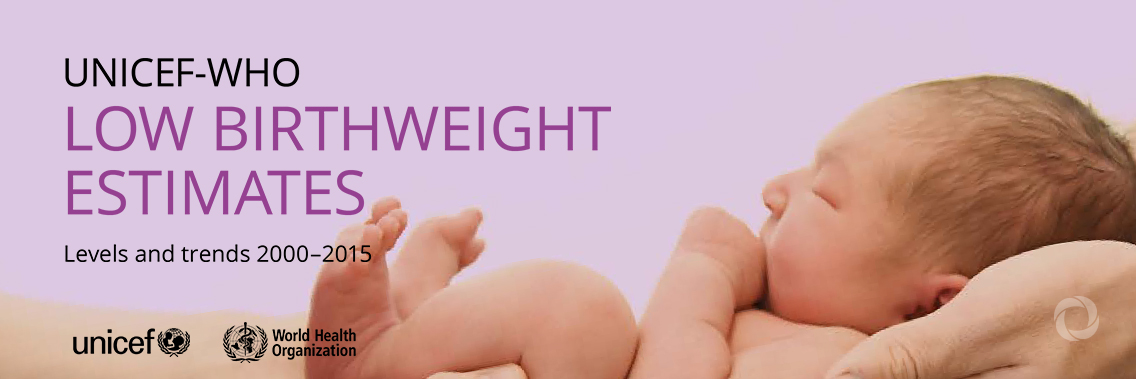Many countries need to invest more and take greater action to reduce the number of babies born with low birth weights which put their health at risk, urges a United Nations-backed report.
Around one-in-seven babies worldwide weighed less than 5.5 pounds, or 2.5 kilograms at birth, according to the latest data from 2015.
The Lancet Global Health research paper was developed by experts from the World Health Organization (WHO), UN Children’s Fund (UNICEF) and the London School of Hygiene and Tropical Medicine, which not only reveals that more than 20 million babies that year were born with a low birth weight, but that 80 percent of the world’s 2.5 million low weight newborns die every year, because they are either pre-term and/or small for gestational age.
“We have seen very little change over 15 years”, spelled out lead author Hannah Blencowe, from the London School of Hygiene and Tropical Medicine in the United Kingdom. “Despite clear commitments, our estimates indicate that national Governments are doing too little to reduce low birth weight”.
The study’s authors have called for international action to ensure that all babies are weighed at birth, to improve clinical care and to promote public health inquiry into the causes of low birthweight, to reduce death and disability.
“With better weighing devices and stronger data systems, we can capture the true birth weight of every baby, including those born at home, and provide a better quality of care to these newborns and their mothers” Ms. Krasevec affirmed.
The publication illustrates that three-quarters of those affected were born in Southern Asia and sub-Saharan Africa.
However, the problem is also significant in high-income countries in Europe, North America, Australia and New Zealand, where there has been virtually no progress in reducing low birthweight rates since 2000.
In low-income countries, poor growth in the womb is a major cause, while the new analysis associates the issue in more developed regions with prematurity or a baby which is born earlier than 37 weeks.
 Read and download the UNICEF-WHO Low birthweight estimates: Levels and trends 2000–2015.
Read and download the UNICEF-WHO Low birthweight estimates: Levels and trends 2000–2015.
Original source: UN News
Published on 14 May 2019

